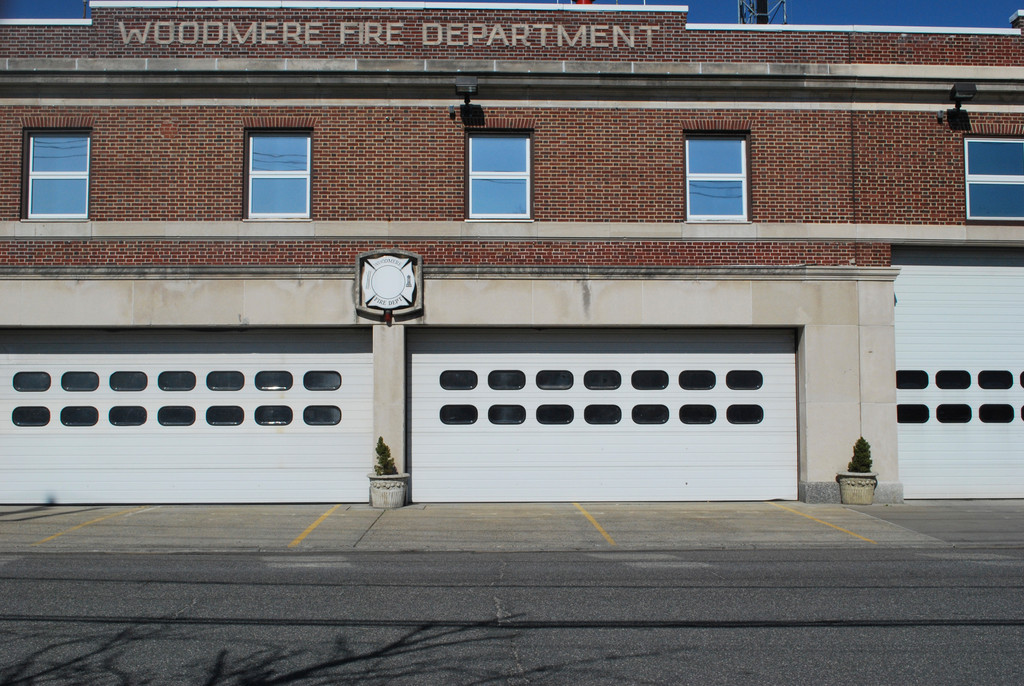Required tax cap data filed late
Comptroller scolds delinquent fire districts
The Atlantic Beach, Inwood, Meadowmere, North Lawrence and Woodmere fire districts were among the 56 percent of New York’s 882 fire districts that failed to file tax-levy information by Nov. 21. On Monday that figure was down to 40 percent, according to the state comptroller’s office. Fire districts were required to file the information by Nov. 4.
Fire district budgets are the first spending plans in the state to be subject to the new property-tax-levy cap law, which was signed by Gov. Andrew Cuomo in June. The law limits tax levy increases for local governments, most school districts and other taxing entities, such as library, fire or water districts, to no more than 2 percent per year.
Atlantic Beach, Inwood and North Lawrence officials said that they have since filed the information on their budgets. Woodmere’s assistant treasurer, Richard Winters, said he is waiting for the state to send him the form to complete and file. “As of [Monday] I still hadn’t received it,” Winters said. Woodmere’s new budget, he added, is $2.2 million, about the same as the current one.
North Lawrence, Woodmere and Meadowmere were still listed as delinquent as of Monday. Meadowmere district officials did not returned calls seeking comment by Tuesday.
According to the new law, fire districts must report data regarding their anticipated tax levy to the comptroller’s office before they adopt their annual budgets to ensure that their tax cap calculations are accurate. Should an inaccurate tax levy be adopted, the money collected in excess of the permitted cap must be put in a reserve fund and can be used only to offset the next fiscal year’s tax levy.
“This was brand new, and there were no mailings on this,” said Arnie Geller of the Atlantic Beach Fire District, which provides fire and ambulance service for most of the village. Atlantic Beach does not have a Fire Department, and contracts with the Long Beach Fire Department for fire protection. The district’s new budget is $584,490 — an increase of $4,010 over the current spending plan.
“Our treasurer filed the budget with the Town of Hempstead, then was told he had to file the tax-cap information with the state,” Geller said. Fire districts within the town submit their budgets to the town clerk’s office, which then files them with the state comptroller.
Geller’s experience was similar to those of North Lawrence and Inwood, where the district budgets were adopted on time, according to officials, but the state tax-cap form was received later. “It was a whole new set of forms,” said Joseph V. Schettino, the attorney for the North Lawrence Fire District, which covers the residential and commercial areas outside the villages of Lawrence and Inwood. The Lawrence-Cedarhurst Fire Department provides the district’s fire protection.
Schettino said that Treasurer Lynn Ditzel filed the budget on time, but they received the tax-cap information form later. Schettino said that the information had been sent to the home of the past treasurer, who died last year.
Inwood Treasurer Sal Evola also said that the district did not receive the tax cap form, noting that “every communication received is read out loud at board meetings.” Inwood’s new budget is a little more than $1.3 million, the same as last year’s, Evola added.
But Mark Johnson, a spokesman for Comptroller Thomas DiNapoli, said that the tax-levy form was sent to all fire district treasurers by email on Sept. 1. “Those districts that we didn’t have a valid email address for received a hard copy in the mail,” Johnson added.
In addition, the comptroller’s office hosted a webinar, in partnership with the Association of Fire Districts, on Sept. 13, during which the filing requirement was discussed, Johnson said.
“The deadline is in the law,” he said. “There is no authorization in the law for us to alter the deadline.”
Under the new law, towns were required to file their tax-levy data last week. The Town of Hempstead submitted its form, according to Susan Trenkle-Pokalsky, a town spokeswoman. Cities and counties must file by the end of the year, while school districts and villages file in the spring.






